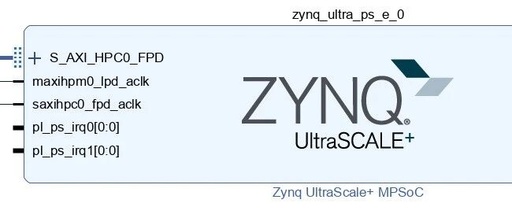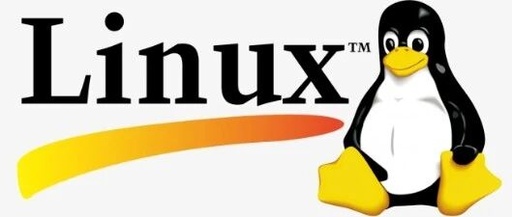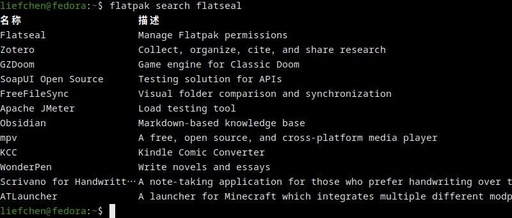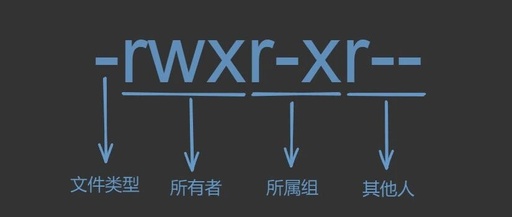CoaXPress 2.0 FPGA HOST IP Core Linux Demo
Table of Contents Hello-FPGA CoaXPress 2.0 Host FPGA IP Core Linux Demo 4 1 Description 4 2 Device Connection 7 3 VIVADO FPGA Project 7 4 Debugging Instructions 10 Figure 1-1 Document Directory 4 Figure 1-2 VIVADO Project Directory Structure 5 Figure 1-3 SDK Project Directory Structure 5 Figure 1-4 Device Tree Information 6 Figure … Read more









